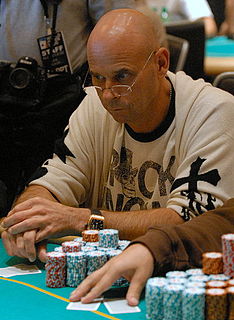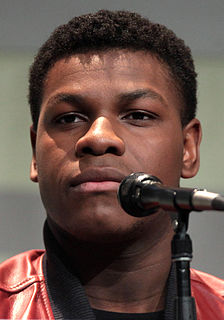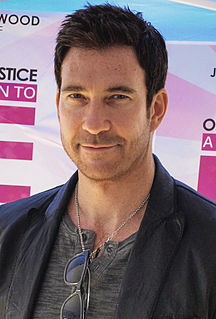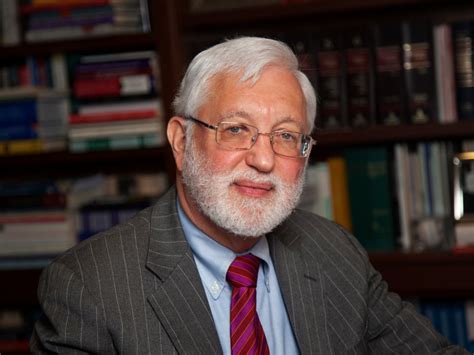A Quote by Adam McKay
Can anything good come of a backward way of thinking like judging someone based on skin color? No way.
Related Quotes
Deep, dark unearthly black. I hadn't told anyone yet, but the color kept streaking across my mind at the oddest moments. When it did, my skin shivered pleasantly, and it was as if I could feel the color tracing a finger tenderly along my jaw, tipping my chin up to face it directly. I knew it was absurd to think a color would come to life, but once or twice, I was sure I'd caught a flash of something more substantial behind the color. A pair of eyes. The way they studied me cut to the heart.
Along the way, let's never forget that once we were children and that we were all playing together without distinction of skin color, society level, or where people come from. Adults need to remember to play and to be more childlike in our behavior. We've forgotten what that childlike experience was like.
The argument culture urges us to approach the world - and the people in it - in an adversarial frame of mind. It rests on the assumption that opposition is the best way to get anything done: The best way to discuss an idea is to set up a debate; the best way to cover news is to find spokespeople who express the most extreme, polarized views and present them as 'both sides'; the best way to settle disputes is litigation that pits one party against the other; the best way to begin an essay is to attack someone; and the best way to show you're really thinking is to criticize.
Race doesn't mean what it used to in America anymore. It just doesn't. Obama's black, but he's not black the way people used to define that. Is black your experience or the color of your skin? My experience is as a Mexican immigrant, more so than someone like George Lopez. He's from California. But he'll be treated as an immigrant. I am an outsider. My abuelita, my grandmother, didn't speak English. My whole family on my dad's side is in Mexico. I won't ever be called that or treated that way, but it was my experience.
I've never been impressed with bureaucratic tradition. I don't like it when the parties come to me and say, 'This is the way that it's always done, judge.' I never found anything in the oath I took or the statutes I was asked to look at that said, 'Judge, stop thinking, because this is the way it was done before.'
[When anything happens, we interpret it as good or bad, but...] We do not know what is really good or bad fortune. [Only the future can decide. For example, what appears to be bad today may in fact lead us to a greater good tomorrow and by the very act of thinking and planning in that positive way, we can help make that good future come true.]






































